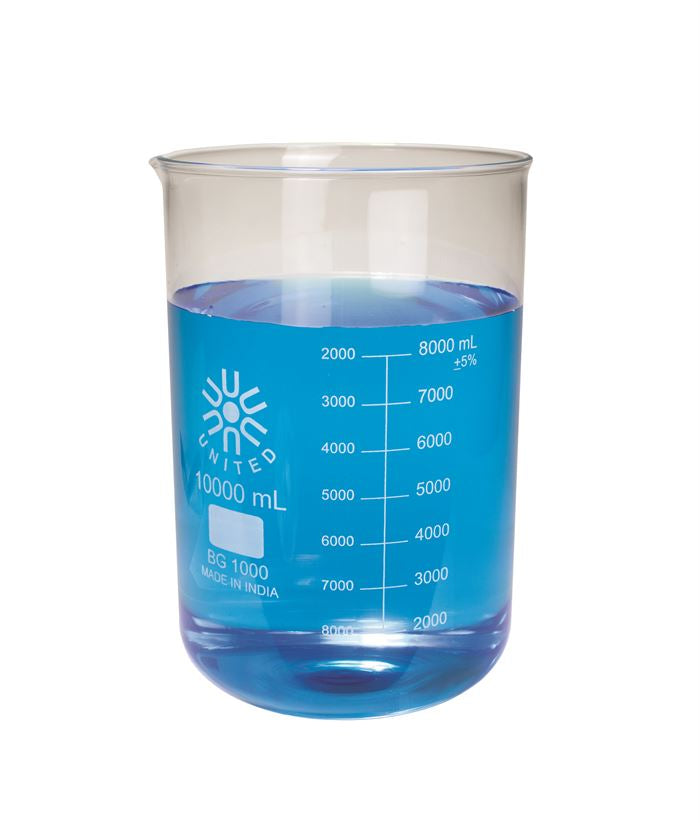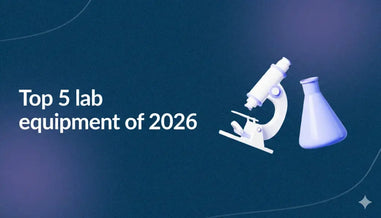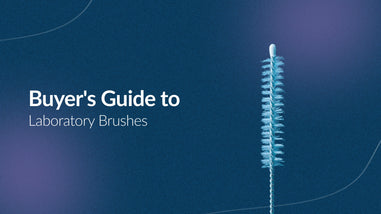- No products in the cart.
Wine making is both an art and a science. While the passion and creativity of winemakers shape the taste and aroma of the final product, precision in the laboratory ensures the wine’s quality, consistency, and safety. Whether you run a boutique winery or a large-scale operation, understanding the essential lab equipment for precision wine making is crucial to producing wine that not only delights consumers but also meets regulatory standards.
In this guide, we’ll walk through the key lab supplies and equipment that every winemaker should have to ensure accurate testing, quality control, and analysis throughout the wine production process.
1. pH Meter
One of the fundamental measurements in wine making is pH. The pH of wine influences its taste, stability, and how it reacts with sulfites. A high pH can lead to microbial spoilage, while a low pH may result in overly acidic flavors. Maintaining a balance is crucial for crafting a wine that is both stable and flavorful.
Why It’s Important: pH levels affect a wine’s shelf life, color, and overall balance. Regular pH testing helps winemakers ensure their product remains consistent from batch to batch.
Recommended Equipment: A digital pH meter with automatic temperature compensation (ATC) ensures fast and accurate readings. Winemakers should also invest in calibration solutions and maintenance supplies to keep the meter functioning properly.
2. Titration Kits
Titration is essential for measuring the acidity (TA – titratable acidity) in wine. The TA plays a significant role in a wine’s taste and structure, influencing its sharpness or softness on the palate. Additionally, titration is used to measure the concentration of sulfur dioxide (SO2), which is critical for preventing oxidation and microbial growth in wine.
Why It’s Important: Accurate measurement of TA and SO2 ensures that wines age gracefully and maintain their desired taste profiles over time.
Recommended Equipment: Acid-base titration kits are standard for measuring titratable acidity, while specialized SO2 titration kits help determine free and total sulfur dioxide levels. Investing in high-quality glassware, including burettes, pipettes, and graduated cylinders, is essential for precise titration.
3. Spectrophotometer
A spectrophotometer is an advanced piece of equipment that can measure the intensity of light absorbed by a wine sample at various wavelengths. This tool is used to assess color intensity, phenolic content, and other chemical compounds present in the wine. It is often used in conjunction with enzymatic or chemical assays to determine levels of compounds like glucose, fructose, and malic acid.
Why It’s Important: Spectrophotometry allows winemakers to track and control important factors like color stability, phenolic content, and sugar levels—critical for ensuring a balanced final product.
Recommended Equipment: Look for a UV-Vis spectrophotometer with easy-to-use software, capable of analyzing multiple samples quickly. Many models are designed specifically for the wine industry to measure specific compounds crucial to wine quality.
4. Refractometer
A refractometer measures the sugar content (Brix) of grape juice or must. This measurement is essential in determining the optimal harvest time for grapes and the potential alcohol content of the wine. Winemakers rely on refractometers to monitor fermentation progress and ensure that the sugar levels are within the desired range.
Why It’s Important: Monitoring sugar levels during fermentation allows for better control over the wine’s sweetness, dryness, and alcohol content.
Recommended Equipment: A digital refractometer provides quick, accurate readings with minimal sample requirements. Many refractometers are also portable, making them convenient for use in both the vineyard and the lab.
5. Alcohol Analyzer
Measuring the alcohol content of wine is essential both for quality control and for labeling purposes. Alcohol analyzers provide a fast, precise method for determining the percentage of ethanol in wine samples.
Why It’s Important: Accurate alcohol content measurement ensures compliance with industry regulations and gives consumers confidence in the wine’s quality and potency.
Recommended Equipment: Look for an alcohol analyzer that is designed specifically for wine, offering digital readouts and precise measurements. Some models also integrate with a spectrophotometer for multifunctional use.
6. Hydrometer
A hydrometer is a simple yet effective tool for monitoring the fermentation process. By measuring the specific gravity of the must or wine, winemakers can estimate sugar content and track how much fermentation has occurred.
Why It’s Important: A hydrometer helps winemakers ensure that fermentation is proceeding smoothly and predict the final alcohol content of the wine.
Recommended Equipment: A glass hydrometer, paired with a graduated cylinder, is a standard choice. Be sure to keep hydrometers properly calibrated for accurate readings.
7. Temperature Control Systems
Temperature plays a vital role in every stage of wine making, from fermentation to storage. A lab equipped with temperature monitoring and control systems ensures that wines ferment at optimal conditions, preventing spoilage and ensuring the desired flavor profiles.
Why It’s Important: Proper temperature control maintains the integrity of the wine, prevents off-flavors, and preserves the wine’s aroma and balance.
Recommended Equipment: Digital thermometers, thermostats, and temperature-controlled fermentation tanks are essential for precision wine making. Temperature data loggers are also useful for tracking long-term storage conditions.
8. Microbiological Testing Supplies
Maintaining a sanitary environment in a wine-making facility is critical to avoiding contamination by unwanted yeasts, bacteria, or molds. Microbiological testing is used to detect these contaminants, ensuring the safety and quality of the wine.
Why It’s Important: Microbiological testing helps prevent spoilage, off-flavors, and potential safety hazards. It also ensures compliance with health regulations.
Recommended Equipment: Petri dishes, incubators, and selective agar are used to test for yeast and bacterial contamination. Some labs may also use PCR (Polymerase Chain Reaction) machines for more advanced microbial detection.
9. Laboratory Glassware
No wine-making lab is complete without an assortment of high-quality glassware. From beakers to flasks, test tubes to pipettes, having the right glassware is crucial for accurate measurements, mixing, and sample analysis.

Why It’s Important: Precision in measurement and analysis is vital in every step of the wine-making process, ensuring that tests and results are accurate.
Recommended Equipment: Invest in durable, heat-resistant borosilicate glassware. Make sure to have a wide range of graduated cylinders, pipettes, funnels, and Erlenmeyer flasks available for various testing needs.
10. Filtration Systems
Filtration is an essential process to ensure that the wine is clear and free from particulates before bottling. Proper filtration also removes unwanted yeast or bacteria that could spoil the wine post-fermentation.
Why It’s Important: Filtration ensures clarity and stability, enhancing both the appearance and taste of the wine.
Recommended Equipment: A wine filtration system with replaceable filters for coarse and fine filtration is essential for a well-equipped wine lab.
Conclusion
Precision in wine making begins in the lab. By equipping your laboratory with the right tools—from pH meters to spectrophotometers and refractometers—you ensure that each step of the process is measured, controlled, and optimized. This attention to detail results in better-quality wine, consistency across batches, and ultimately, greater customer satisfaction.
Investing in these essential pieces of lab equipment not only helps you maintain high standards in your wine-making process but also sets you apart as a winemaker who is committed to both art and science.
For more than 45 years, Lab Pro Inc. has been dedicated to providing premium lab supplies, equipment, reagents, swabs, and cleanroom PPE. Trusted by wine-making labs and research facilities alike, we guarantee top-tier quality in every product. Contact us at 888-452-2776 or online to elevate your lab work with the best supplies available!












































